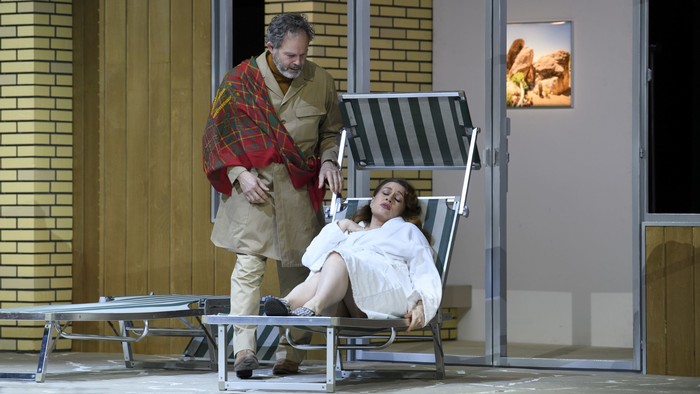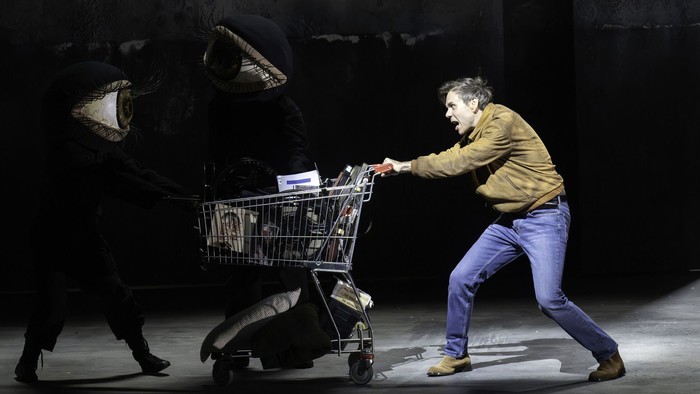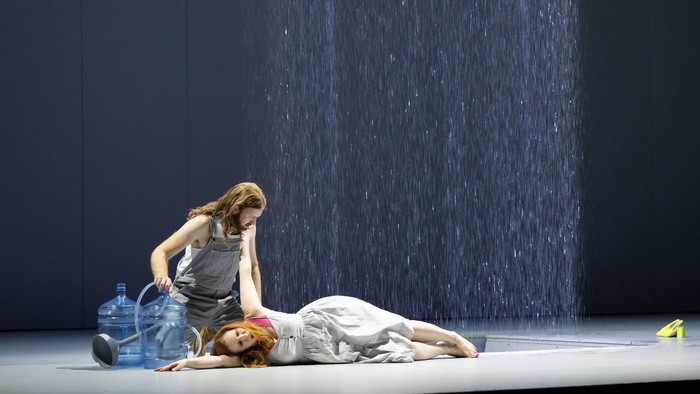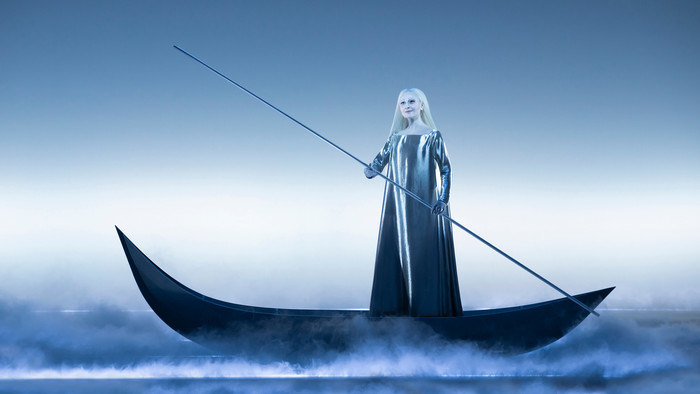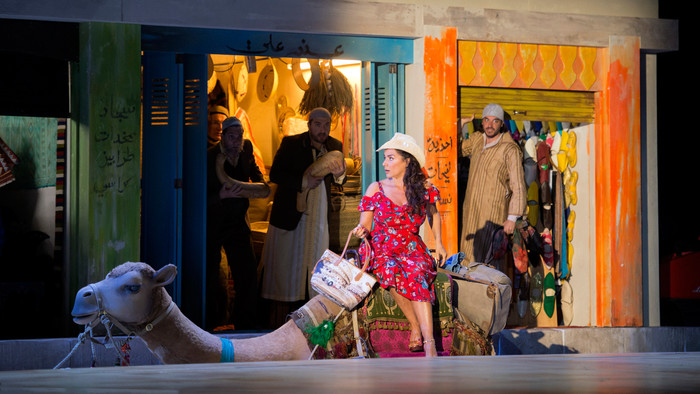спецпроект theatrehd

Tcherniakov: Giulio Cesare in Egitto
спецпроект theatrehd

Tcherniakov: Giulio Cesare in Egitto
"The whole city is a stage." This is how the festival’s founders (among them the poet Hugo von Hofmannsthal and the composer Richard Strauss) described its concept. The Salzburg Festival truly spans far and wide: it takes place in squares, palaces, churches, theatres, and concert halls. On Cathedral Square (Domplatz), Hofmannsthal’s mystery play "Jedermann" is performed annually, while concerts are held at the Mozarteum and Residenzhof, and operas and dramatic works are staged at the State Theatre (Landestheater). On the site of the former stables and riding halls of the Prince-Archbishops, three venues were built specifically for the festival: the Great Festival Hall (Großes Festspielhaus), the famous Felsenreitschule (a stage carved into the rock), and the Mozart House (Haus für Mozart).
For over a century, since 1920, opera, theatre productions, and concerts of the highest caliber have attracted world-class performers and audiences from around the globe to Salzburg. Furtwängler, Karajan, Abbado... The festival has always been led by the best of the best, those who never sought easy paths or solutions. As a result, its themes have always oscillated between cosmopolitanism and patriotism, enlightenment and conservatism. Ambivalence and thematic conflict have accompanied the festival throughout its long history. And to this day, it wavers between the tense poles of avant-garde and mainstream.
And experience has shown that this appeals to everyone: to the discerning, sophisticated audience, to the renowned musicians, and to the directors who draw inspiration from the unique atmosphere of Europe’s most famous festival city.
For over a century, since 1920, opera, theatre productions, and concerts of the highest caliber have attracted world-class performers and audiences from around the globe to Salzburg. Furtwängler, Karajan, Abbado... The festival has always been led by the best of the best, those who never sought easy paths or solutions. As a result, its themes have always oscillated between cosmopolitanism and patriotism, enlightenment and conservatism. Ambivalence and thematic conflict have accompanied the festival throughout its long history. And to this day, it wavers between the tense poles of avant-garde and mainstream.
And experience has shown that this appeals to everyone: to the discerning, sophisticated audience, to the renowned musicians, and to the directors who draw inspiration from the unique atmosphere of Europe’s most famous festival city.
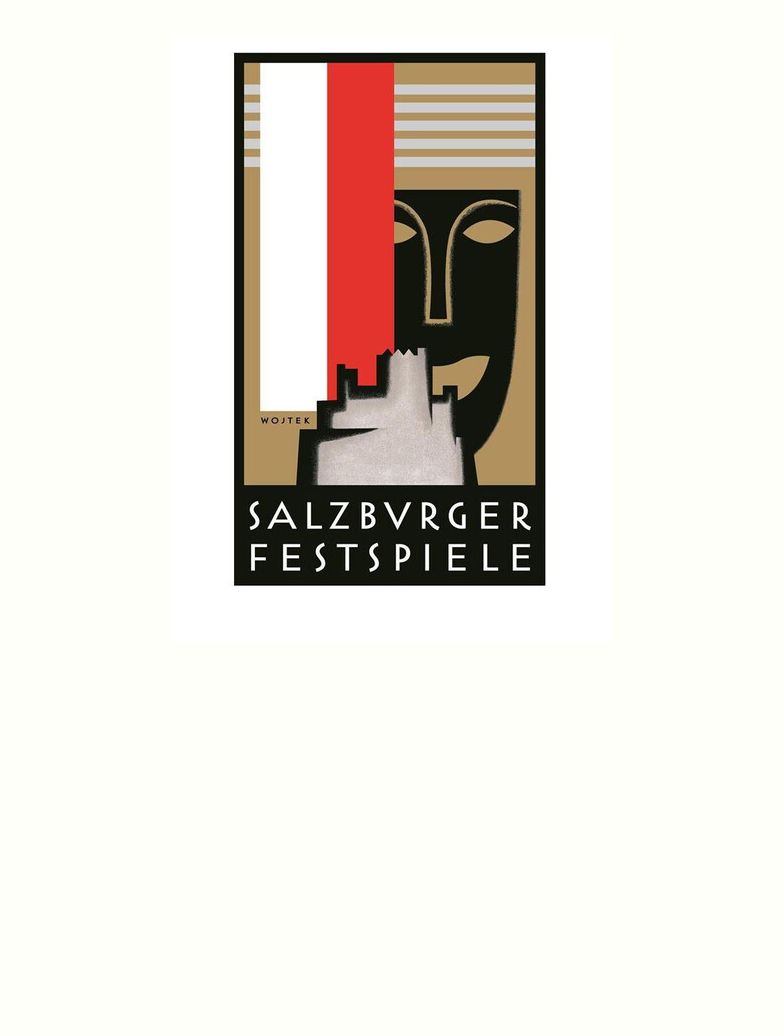
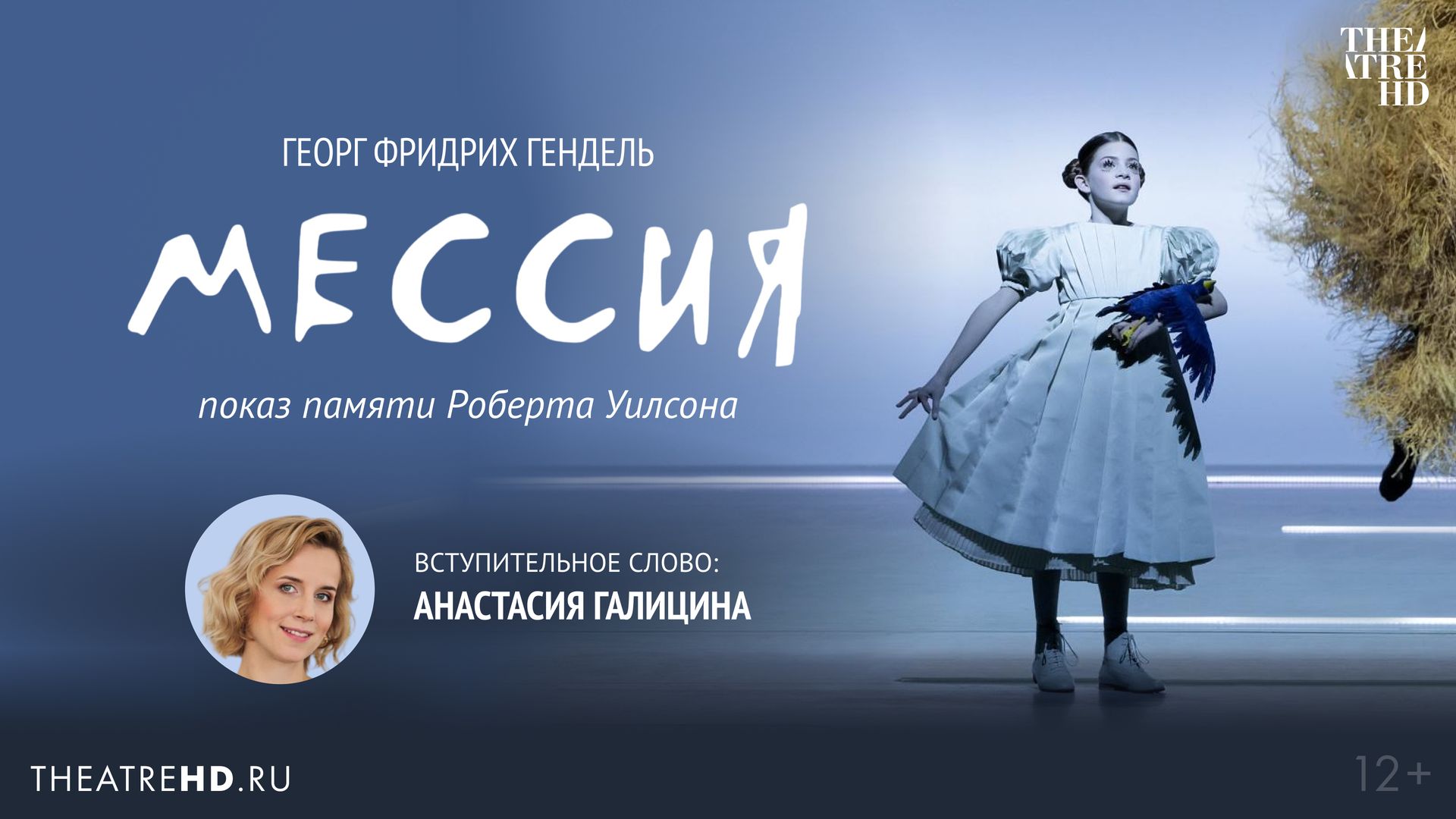
If you aren't looking at the upper gallery, you've lost the auditorium."
At a special screening of Handel's "Messiah" by Robert Wilson, dedicated to the memory of the master, Anastasia Galitsina, the stage manager of the Theatre of Nations, shared her warm and vivid memories of Bob Wilson and their collaborative work on "Pushkin's Tales.
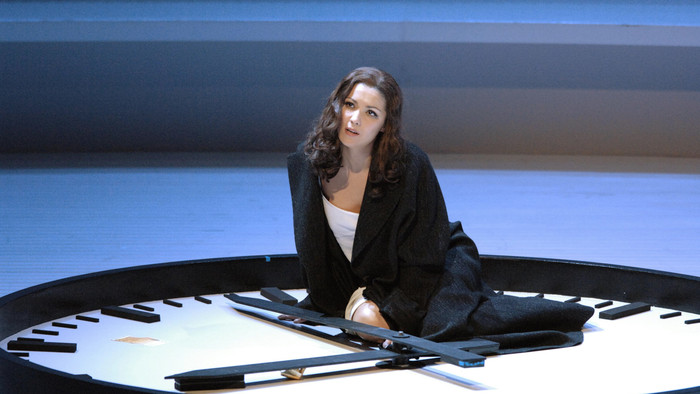
Salzburg: La Traviata
This recording of Verdi’s "La Traviata" from the 2005 Salzburg Festival – the uncontested and hopelessly sold-out highlight of the festival season – captures the triumphal performance not only of Anna Netrebko as Violetta Valéry, but also of Rolando Villazón as her lover Alfredo.


